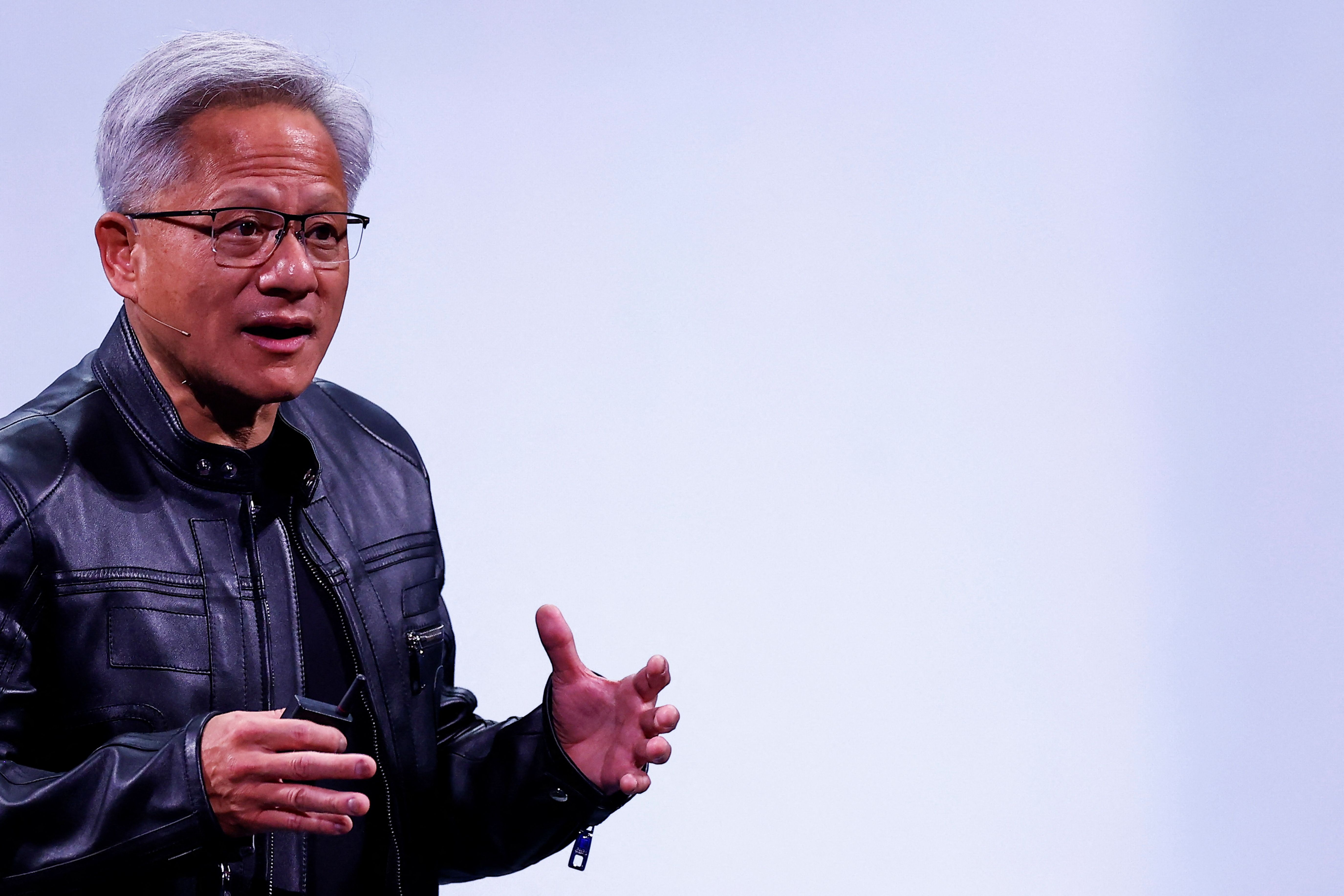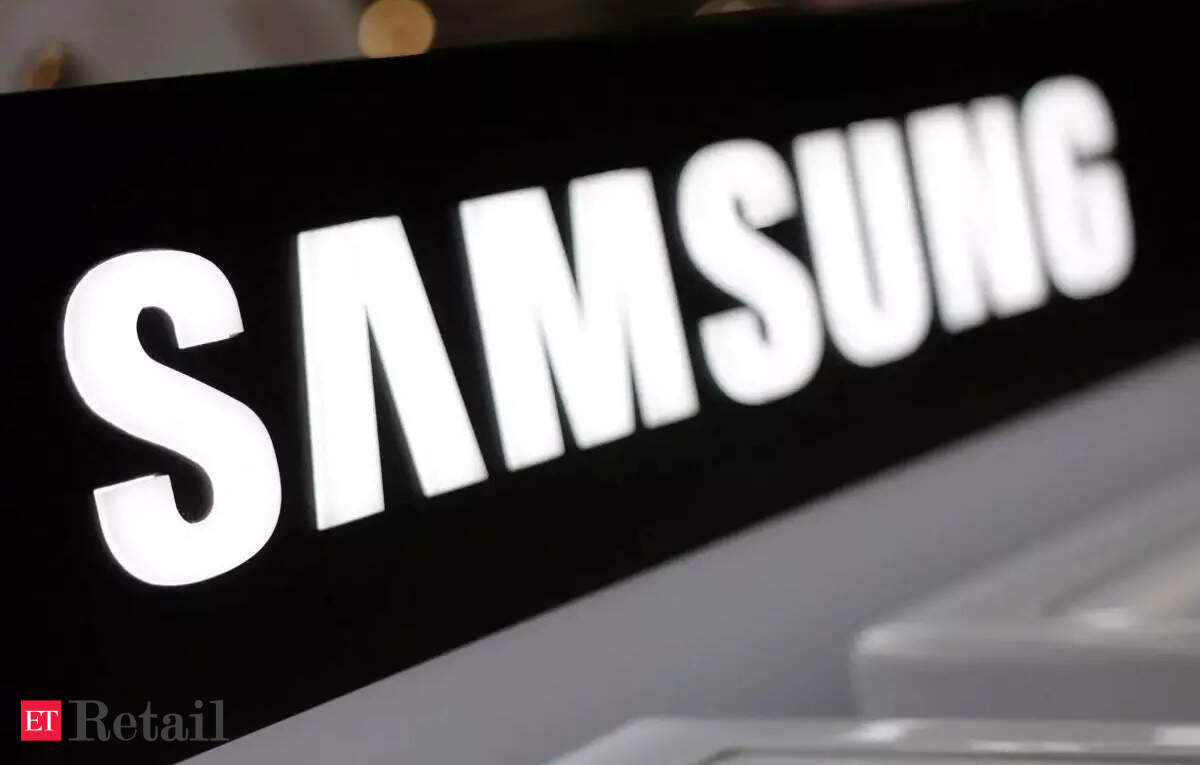Nvidia CEO: US AI Chip Export Controls a 'Failure'

Nvidia CEO Jensen Huang has criticized the U.S. export controls on artificial intelligence (AI) chips to China, labeling them "a failure" due to the billions of dollars in lost sales for American companies. Huang made these remarks at the annual Computex event in Taipei, highlighting that the restrictions, intended to curb China's access to advanced AI technology, have instead spurred the country to develop its own semiconductor industry and purchase chips from domestic designers like Huawei.
The Biden administration's AI diffusion rule divided the world into three tiers, effectively blocking China from acquiring sophisticated AI chips. However, Huang argues that this approach has been fundamentally flawed. He noted that the U.S. block has forced Chinese companies to seek alternatives, driving investment and innovation within China's semiconductor sector to create a self-reliant supply chain.
Huang praised former President Trump's approach to AI, suggesting that reversing the restrictions would acknowledge that U.S. companies are not the sole providers of this technology. Since the start of the Biden administration, Nvidia's market share in China has dropped from 95% to 50%. Trump administration officials are reportedly considering replacing the tiered approach with a global licensing regime, potentially giving the U.S. more leverage in trade talks.
Huang emphasized the intense competition in China, where more than half of the world's AI researchers are based. Due to the export controls, these experts have been compelled to utilize local Chinese technology. He estimates that the AI market in China is worth approximately $50 billion, representing a substantial opportunity for Nvidia if restrictions were eased.
Nvidia has announced several new technologies and business ventures at Computex to expand its $130.5 billion revenue. In April, the company anticipated taking $5.5 billion in charges after the Trump administration limited exports of its H20 artificial intelligence chip to China. Huang later estimated that the H20-related revenue damage would amount to roughly $15 billion. Nvidia is also developing a version of its Blackwell AI chip with less advanced memory to comply with U.S. restrictions.
In 2022, the Biden administration banned exports of advanced microchips and chip production equipment to Chinese chipmakers to impede China's semiconductor industry and military advancements. Subsequently, Nvidia designed chips like H20 to closely adhere to U.S. limits. China has urged the U.S. to correct its "wrongdoings" and cease "discriminatory" measures following U.S. guidance cautioning against using advanced computer chips from China, including Huawei's Ascend AI chips. China's commerce ministry stated that the U.S. action undermined consensus from high-level trade talks in Geneva and vowed resolute measures if the U.S. continues to harm China's interests.
Huang also highlighted that Chinese rival Huawei is innovating rapidly and securing a larger share of its home market due to the U.S. export controls, further emphasizing the "failure" of these restrictions.










